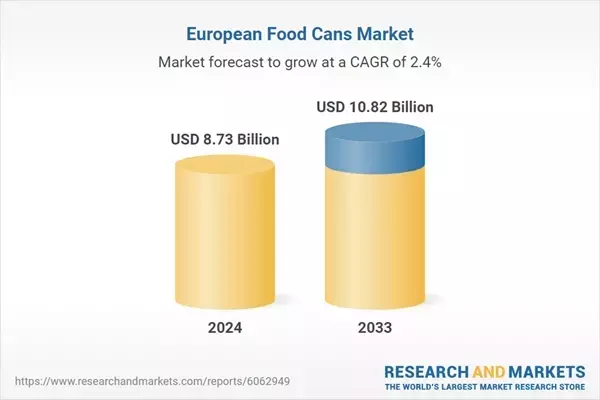
The European market for food cans is experiencing significant growth, driven by a variety of factors that align with modern consumer preferences and environmental consciousness. Over the next few years, the sector is projected to expand steadily as more people embrace canned goods due to their convenience and sustainability. By 2033, analysts predict the market will reach an impressive valuation, reflecting broader trends in urbanization and packaging innovation.
Consumer demand for products that are both practical and eco-friendly plays a pivotal role in shaping this industry. As cities across Europe continue to grow, there is a rising preference for ready-to-eat meals and processed foods packaged in cans. These items not only offer extended shelf life without refrigeration but also align with efforts to reduce waste through recyclable materials. Additionally, legislative measures encouraging the use of green packaging have incentivized manufacturers to invest in sustainable technologies, further propelling market expansion. Companies are increasingly adopting BPA-free coatings and focusing on designs that appeal to environmentally conscious buyers.
Despite these positive developments, challenges remain within the food canning industry. Concerns over potential health risks associated with certain types of coatings persist among some consumers, leading to stricter regulations and higher production costs for companies. Moreover, competition from alternative forms of packaging such as flexible pouches or glass jars poses another hurdle for traditional metal cans. Nevertheless, the overall outlook remains optimistic as advancements in technology continue to enhance preservation methods while maintaining affordability and accessibility for end users.
As society moves towards greater sustainability, the European food can market exemplifies how industries can adapt to meet changing demands. By prioritizing innovation alongside responsible practices, stakeholders in this field contribute positively to global efforts aimed at reducing environmental impact. This approach not only ensures continued growth but also fosters trust between brands and their customers who value transparency and commitment to ecological stewardship.
